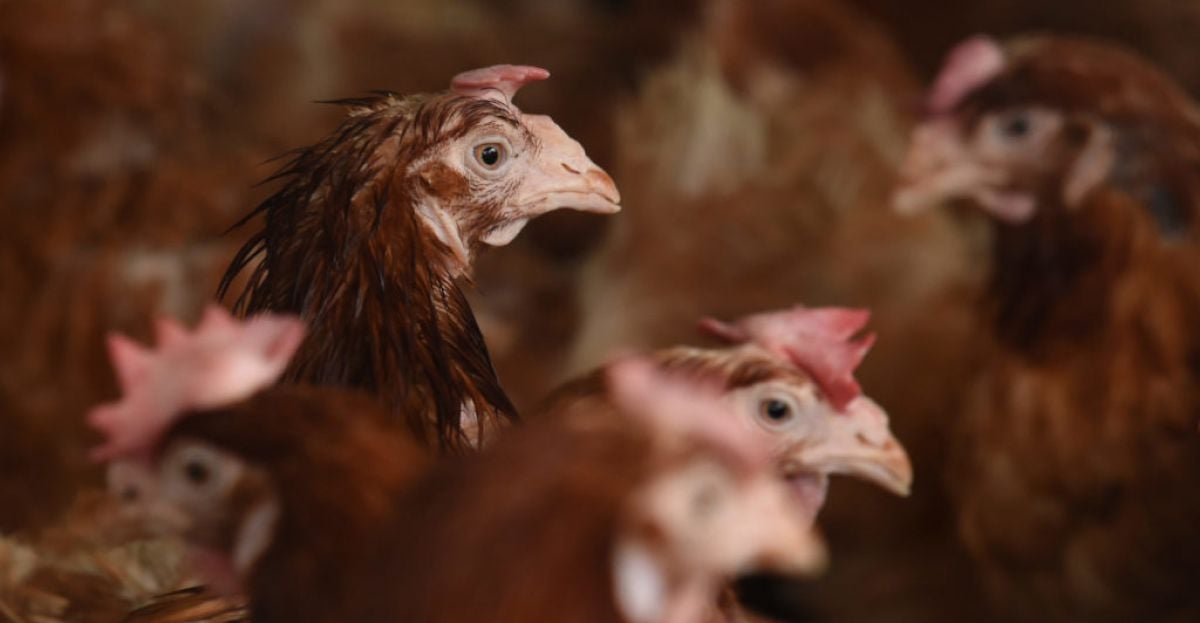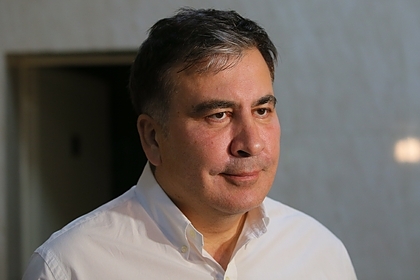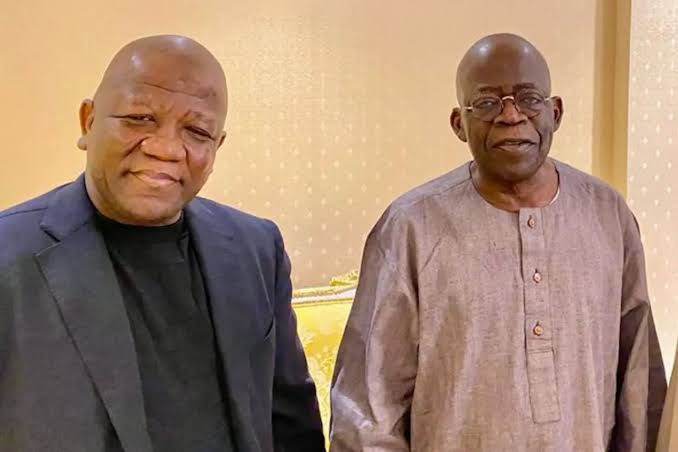“‘I need a place to play, Dad,’ my seven-year-old daughter, Daliah, tells me. When my kids see the playgrounds built for the settlers’ kids, they have a hundred questions. They ask why I can’t build them the same kind of playground,” Nasser Nawaja, a resident of Susya and a field researcher for the Israeli human rights group B’Tselem in the South Hebron Hills, tells me.
He goes on: “The settlement of Susya settlement is only a few meters away from the Palestinian children in the village of Susya. The simple outside play area we built for our children is nothing compared to the facilities that exist in any Israeli settlement. How can I explain to her that it’s not my fault, it is the occupation’s fault?”
Nasser was explaining the context for a particularly cruel episode of settler violence visited upon his family. It was an incident that even won brief media attention but, like so much of the violent intimidation experienced by Palestinians, that focus was fleeting.
In mid-September last year, a group of European diplomats was visiting the villages of Masafer Yatta, south of Hebron. It was a fact-finding tour to find out more about their struggle to access running water.
Since Israel declared the establishment of ‘Firing Zone 918’ in the early 1980s over an area of about 3,000 hectares, residents of the 12 Palestinian villages in that area have lived under the constant threat of demolition, evacuation and dispossession.
In 1999, the IDF evicted them, based on the misleading claim that they were not permanent residents. Even though the residents were allowed to return, they still live under the threat of expulsion and cannot connect to running water.
When a group of Israeli anti-occupation activists in the Masafer Yatta area accompanied a truck delivering water to the Hamamdi, a family of three without access to running water, the IDF responded with force against them.
As is clear from the video footage, an IDF commander shoved an elderly activist to the ground, causing fractures to his face and ribs. Other Israeli and Jewish activists went back home to Israel with broken bones.
The diplomats’ tour took place in the wake of that violent incident. As soon as they reached the village of Susya, a large settler protest erupted. Israeli police, border police and the army were on hand.
Nasser was one of a group of Susya residents who had decided that the unsafe area where children played, basic equipment placed directly on rocks and dirt, needed to be upgraded. If a child were to fall off the swing or the slide, he or she would be seriously hurt. So they decided to make, in his words, “just a simple solution: To even up the ground to create a safe environment for our children to play.”

Only two days after the parents had rehabilitated the play area, a settler accompanied by the Israeli army stormed into the village to protest the playground, taking photos in order to push the Israeli Civil Administration to demolish it. As he left, the settler threatened that he would return with a bigger demonstration soon, including “everyone” from the settlement of Susya, Nasser said.
And that is what exactly happened, precisely at the time that residents of Palestinian Susya were explaining the situation to the diplomats inside the playground. A settler on a quad bike showed up, and broke into the village, driving at full speed between the houses. Then, dozens of settlers in their cars, accompanied by the IDF, arrived at the entrance to the village.
They started to walk towards the playground. The soldiers walked with them, in theory to prevent attacks on Palestinians in their homes. But everyone there knew full well that if the settlers’ only aim was to protest a children’s playground, they could have done that at the entrance to the village. That was clearly not their aim, and the soldiers didn’t stop them.
The settlers were armed, guarded by armed soldiers. When the Palestinians stood up to protect their homes and children, the army responded by pushing them, and throwing stun grenades and tear gas at them. It was becoming a full-scale assault on the village.
“Every meter the soldiers pushed us back, the settlers got closer towards our homes. The diplomats were there, they witnessed it. To see settler violence with your own eyes is different from hearing the stories. For those minutes, they experienced what Palestinians live through every day in their home villages.
3/3 Israel has the legal duty, as an occupying power, to provide basic services and to protect the Palestinian population.
— EU and Palestinians (@EUpalestinians) September 24, 2021
“Despite the presence of the diplomats, the soldiers shot stun grenades, and after they left the army declared the area as a closed military zone. If you declare my home a closed military zone, where am I supposed to go?”
In the meantime, dozens of settlers wandered through Susya and clambered over the playground built by Palestinian parents with their own hands for their kids. The settlers danced and took selfies, protected by dozens of soldiers.
For Nasser, what happened in his village is a painful but perfect microcosm of Israel’s settlement project, and of the bitter frustrations of the Palestinian struggle to live in their homes on their land.

“Our homes are located in between our old village of Susya, from which we were evicted in 1986 , and the Israeli settlement of Susya. Our continued presence here obstructs the wider settler objective of connecting both areas of occupied land.
“The settlers’ demonstration of violence was not just about whether our children deserve a playground. It is an act of power, a warning: We will confiscate more of what remains of your land. We don’t accept your right to live here at all.”
Israeli government policies, settler tactics and IDF enforcement are only for one purpose only: To expel Palestinians from their own land. That is why the Israeli army demolishes Palestinian homes, why it suddenly declares “closed military areas” and why it protects the settlers, even when they’re attacking Palestinians in their own villages.

And this is why settler violence is escalating so wildly, especially in the south Hebron Hills: Throwing stones, burning crops, uprooting trees, damaging houses, injuring children, a full-on pogrom – an attack by dozens of masked Israeli settlers including the fracturing of a three-year-old’s skull. The government effectively told the soldiers to allow settlers to ‘let off steam.’
This is why Israel provides infrastructure for illegal outposts, and this is why 98 percent of planning and permission requests by Palestinians living in Area C, under the full control of Israel’s Civil Administration, are rejected.
How should Palestinians respond when the level of violence shocks even Israeli government ministers? Meretz lisawmaker Mossi Raz says “Settler violence has become an epidemic,” his party colleague Yair Golan even calls the settlers who perpetrate “pogroms” as “subhuman,” and foreign minister Yair Lapid states that the Simchat Torah pogrom was “horrific, and it is terror [from]…a violent and dangerous fringe.”
But violence is built-in to the occupation. It is not a fringe phenomenon. And for as long as Israel promotes settlement, the settlers will feel empowered, and will enjoy impunity. For as long as Israel remains married to occupation, the IDF and the settlers will work cooperatively, systematically, to ethnically cleanse the Palestinians from their lands.

The settlers’ playground attacks did not end on the day of the diplomats’ visit. They returned on a Shabbat, three weeks later, again accompanied by soldiers . They stormed the fence around the play area, sat on the swings and slide, while the soldiers closed the gate and pushed the Palestinian children of Susya away. It could almost be comic were it not armed state-sanctioned bullying.
One of the settlers chased a child, Ahmed, with his dog. Another kid addressed the soldiers: “At least let us come in to play like they are doing.” The soldiers just stood there, in front of the kids, ready with their weapons, looking as if they were being confronted by a battalion of militants.
Targeting children with stones, and their playgrounds with violent sit-ins, is a deliberate strategy. It is the conscious use of a particularly cruel and unusual punishment for Palestinians for the “crime” of staying in their homes and communities.
“It is a very terrifying thing,” says Nasser, “seeing soldiers accompanying settlers in sabotaging my children’s playground for me. Settlers’ assaults are regular events for us, but with soldiers who are supposed to ensure security? And targeting our children’s space is so disturbing: So crude, but also so intrusive, it’s almost obscene.

“Seeing that makes me feel sad and afraid for the future of my children. If those in charge of upholding the law, and basic behavior, are complicit with the perpetrators, what better future can there be? What way to resolve our conflict?”
The experience of Nasser and the children of Susya is a a key to understanding the whole occupied territories.
Israel’s Prime Minister Naftali Bennett claims his ambition is to “shrink the conflict.” For Palestinians, this means shrinking the space we have to breathe, to play, and to live on our land, crushed between expulsions, demolition orders, a pliable judicial and civil administration, an ideologically-committed government, violent settlers and the serried ranks of the IDF.
If we’re lucky, there’ll be international observers, or diplomats, or someone documenting the abuse on their phone. More frequently, we face the full weight of Israel’s occupation alone.
Ali Awad is a human rights activist, English literature graduate and writer, from Tuba in the West Bank’s South Hebron Hills
Note: This article have been indexed to our site. We do not claim legitimacy, ownership or copyright of any of the content above. To see the article at original source Click Here













